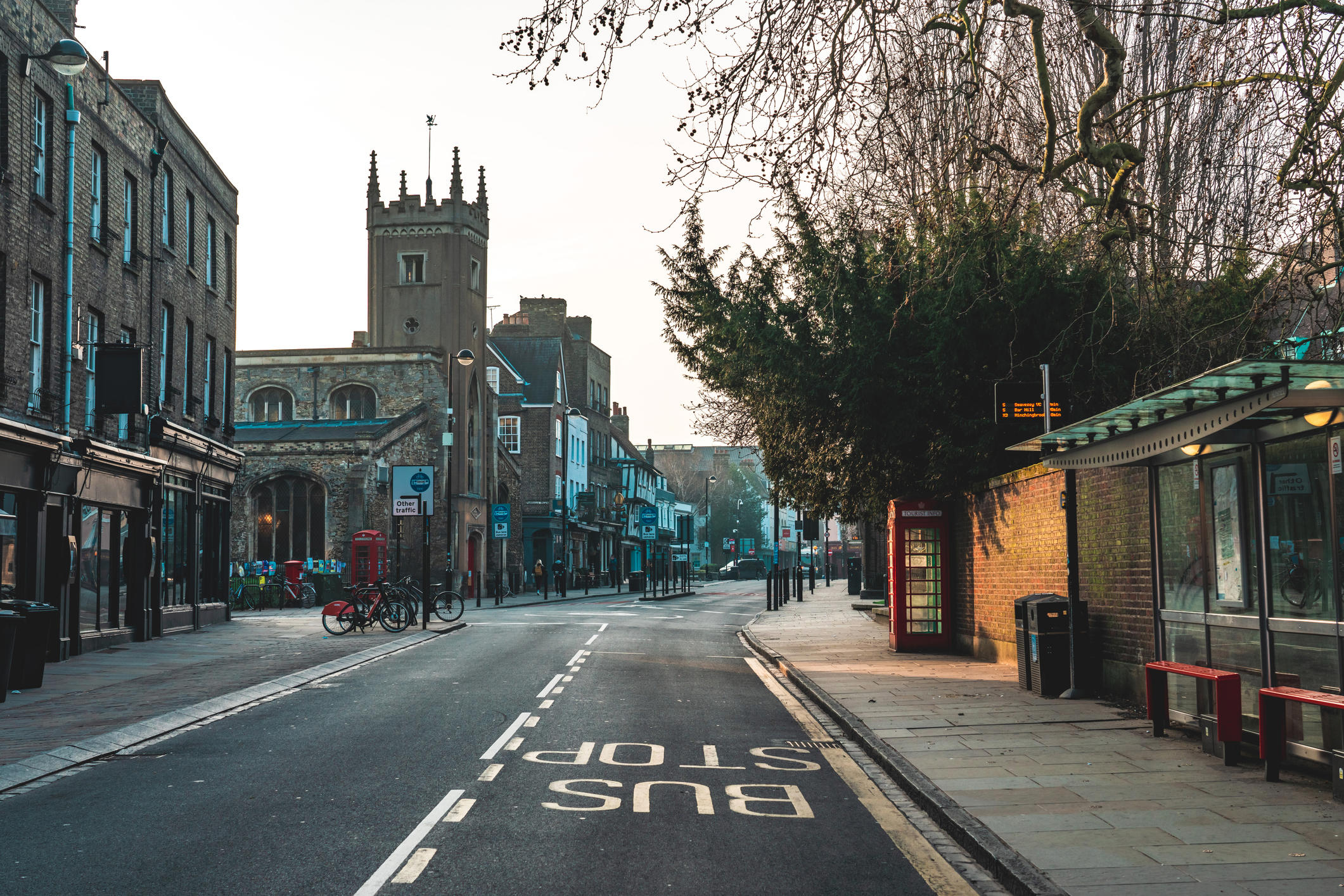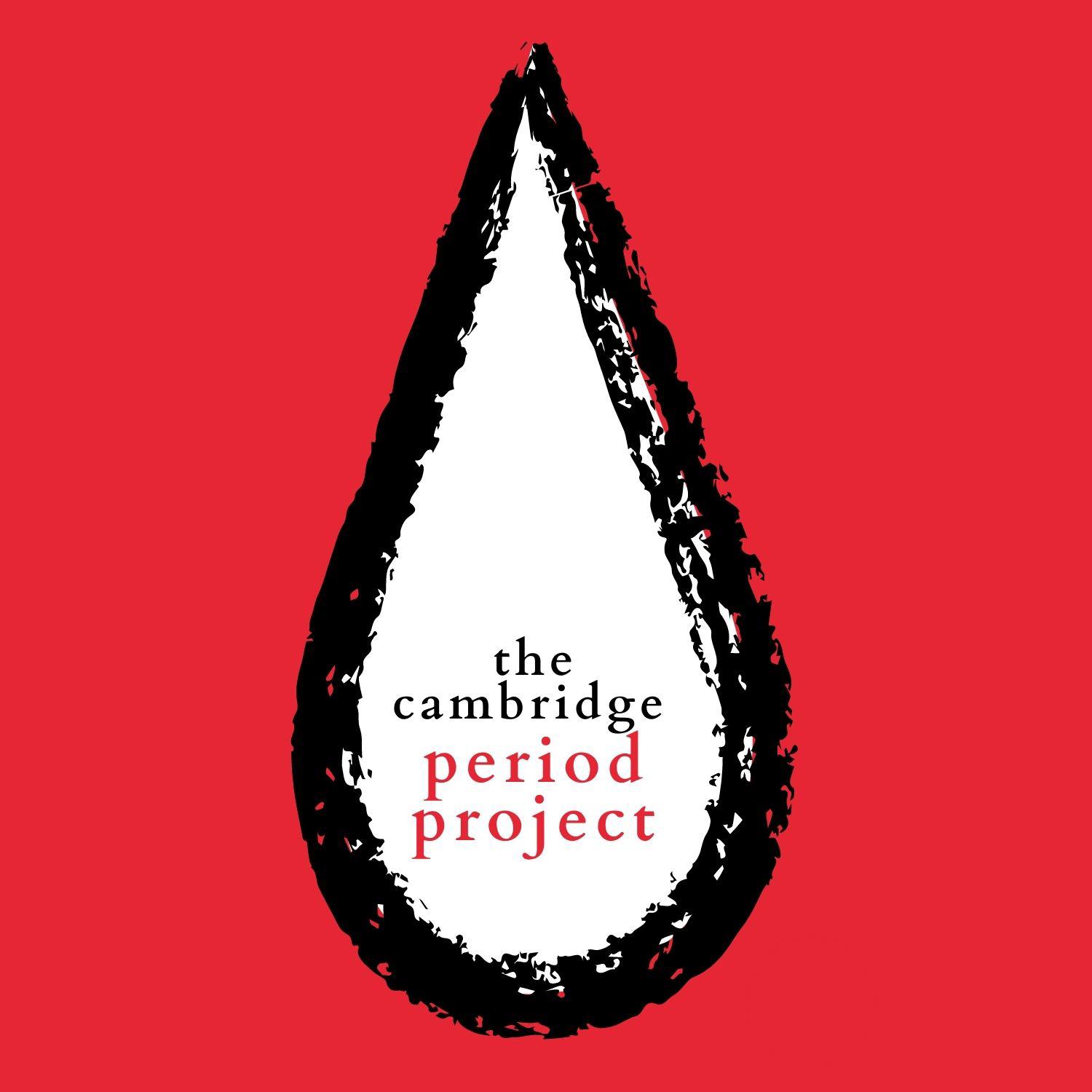Cambridge University medical student Lydia Seed has earned plaudits for her work to improve access to period products – both for her fellow students and for the wider community. Now, having won an award for her efforts, she is on a mission to improve period dignity for all.
As a member of the university’s Students for Global Health committee, and chair of its subcommittee on reproductive health, Ms Seed had a particular interest in how public health issues might intersect with sexual and reproductive health. Period poverty was a natural place to start.
 A street in Cambridge
A street in Cambridge
‘Something that really struck me as highly alarming when I moved to Cambridge was the high levels of homelessness and the vast inequalities that are present. You have these incredibly wealthy colleges and university buildings literally juxtaposed to homeless people sleeping rough on the streets. It’s very striking.
‘So I got thinking about homeless women and homeless people who menstruate, and how they deal with periods. I mean, it’s uncomfortable enough when you’ve got a roof over your head, but if you’re struggling with that, there are going to be physical medical consequences, as well as mental health consequences and issues of dignity as well.’
Along with a small group of students, she got in touch with a project called Street Cramps, which distributed small boxes containing period products and other items to make people feel more comfortable when menstruating – such as heat pads, wipes and clean underwear. ‘We started fundraising to produce those, and reaching out to local charities to see how we could distribute them.’
Organised effort
Although the initiative initially focused on people living with homelessness, the small group of students began talking among themselves about the support that they and their peers received from the university – and they decided that as far as periods were concerned, this could be improved.
‘Free sexual health products [such as condoms] are available ubiquitously throughout the university, but not period products,’ she explains. ‘We decided to do something about it.’
 Medical student Lydia Seed
Medical student Lydia Seed
That was easier said than done. The structure of Cambridge University – which means you are attached to a particular college, as well as to the department in which you are studying – means that each college has a level of autonomy over the support it gives students.
‘We found that the level of support given to people who menstruate varied massively – and that struck me as really unfair. I just thought that this was obviously wrong, and that we needed some kind of organised effort against it.’
The group surveyed the colleges to find out what their provision was, and asked students about their experience. Around 600 students responded, and around half said they found purchasing period products was a financial burden, at least some of the time.
They had period products but they were in a locked cupboard and you had to ask the porter, who’s typically an older man, for the key

‘It’s clearly a problem that’s affecting students, but we found from our survey of colleges that even those that were doing something had a very small budget and it varied year from year,’ says Ms Seed, who was founding president of the Cambridge Period Project.
‘Some said they had period products but they were in a locked cupboard and you had to ask the porter, who’s typically an older man, for the key. Or they were kept by the laundry – a place where you don’t need a tampon, typically.’
The students launched a campaign and persuaded all departments to provide period products in their bathrooms, then eventually managed to persuade colleges to add period products to their public bathrooms.
‘We secured an agreement that they would add it to the budget for public bathrooms and they’d be monitored by ancillary staff,’ she says. ‘That was a big win.’
From colleges to workplaces
It was tough persuading the colleges that this was the right thing to do, says Ms Seed, who is now in her final year. The group had to work hard to muster their evidence and keep pressing their point even after initial rejections.
‘You’d like to think that on a basic human decency, dignity and empathy point that it’s obvious, but if you’re arguing against older academic men who typically won’t menstruate and typically won’t have had conversations about menstruation, that can be challenging.’
Although she has now stepped back as president of the society, work continues. For example, it has won a commitment – and funding – from the student union to buy reusable period products for students and to look at more sustainable options. Work with charities and the wider community continues as well.
As for Ms Seed, she hopes to continue campaigning to improve the experience of people who menstruate, including joining efforts to give access to free period products to doctors and other NHS staff at work, as highlighted by The Doctor last year. England lags behind other countries such as Scotland, which introduced free period products for all in 2021, and Brazil where they will be made available to women on low incomes.
As a result of the campaign, and due to her role as president of the society, Ms Seed was awarded the inaugural Theo Chalmers Prize for Equality, Diversity and Inclusion. ‘I’m really pleased that a topic that’s so heavily stigmatised has got this platform,’ she says. ‘There’s still a long way to go but I’m pleased at what’s been achieved so far.’

